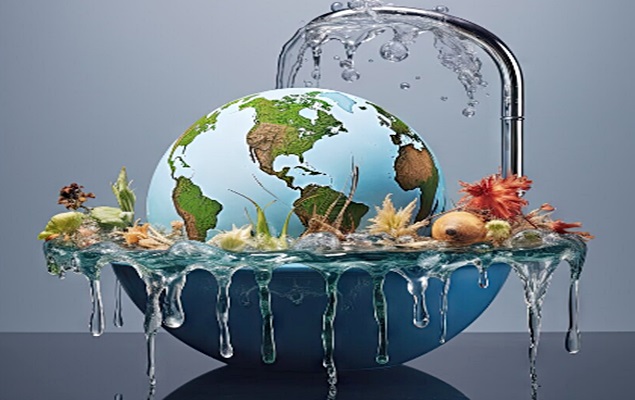1138

EU’s Anti-Greenwashing Law: A Win for Transparency or a Threat to Small-Scale Sustainable Farmers?
In an increasingly climate-conscious Europe, the European Union has taken a bold step in the fight against ecological disinformation by adopting new anti-greenwashing legislation.
The law bans companies from using vague sustainability claims—such as “eco-friendly,” “climate-neutral,” or “environmentally responsible”—without clear, verifiable evidence. At first glance, this appears to be a victory for transparency. But beneath the surface lies a potential threat to small organic farmers and genuine advocates of sustainable agriculture.
According to an analysis by Euractiv, the new rules—designed to shield consumers from misleading “green” marketing—may unintentionally offer a competitive edge to large industrial producers. In a landscape where small ecological farms lack the resources for complex certifications, the risk is that those making the most authentic efforts to reduce environmental impact may be penalized for not having “official proof.”
In practice, the law mandates that any sustainability-related claim must be supported by rigorous, science-based methodologies. It’s a laudable goal, but one that fails to account for the structural inequalities between multinational agro-industrial players and family-run farms.
While the former can afford legal teams and internationally recognized certifications, smallholders must choose between complying with these new rules—or continuing to promote their ecological practices at the risk of being fined.
It’s a paradox: a law meant to fight manipulation may end up targeting the very pioneers of responsible agriculture. Many of these farmers use regenerative methods, avoid synthetic pesticides, and actively reduce their carbon footprint—but they cannot afford costly third-party verification.
If they’re not allowed to communicate these efforts, consumers may be left in the dark, unable to identify truly sustainable choices.
Meanwhile, large industrial operations—with vast marketing budgets and access to official certification schemes—are set to dominate supermarket shelves with “green” labels, even if their actual environmental impact is far greater. Ironically, in its effort to curb greenwashing, the EU may be paving the way for a form of “legalized greenwashing” by the intensive agriculture industry.
The problem does not lie in the law itself, but in the lack of proportionate and accessible tools for verifying real sustainability. Unless the EU introduces support mechanisms for small producers, we risk sacrificing agricultural diversity and innovation on the altar of bureaucratic compliance.
For farmers genuinely practicing green agriculture, the new regulation is a double-edged sword: they must either remain silent to avoid legal risk, or face penalties for lacking certified proof. In this scenario, truth is punished while appearance is rewarded.
Instead of becoming a barrier, EU legislation should act as a catalyst for real sustainability—offering not just rules, but equitable support structures. Until then, the future of green farming in Europe may depend not only on how food is produced—but on who can afford to prove it.





